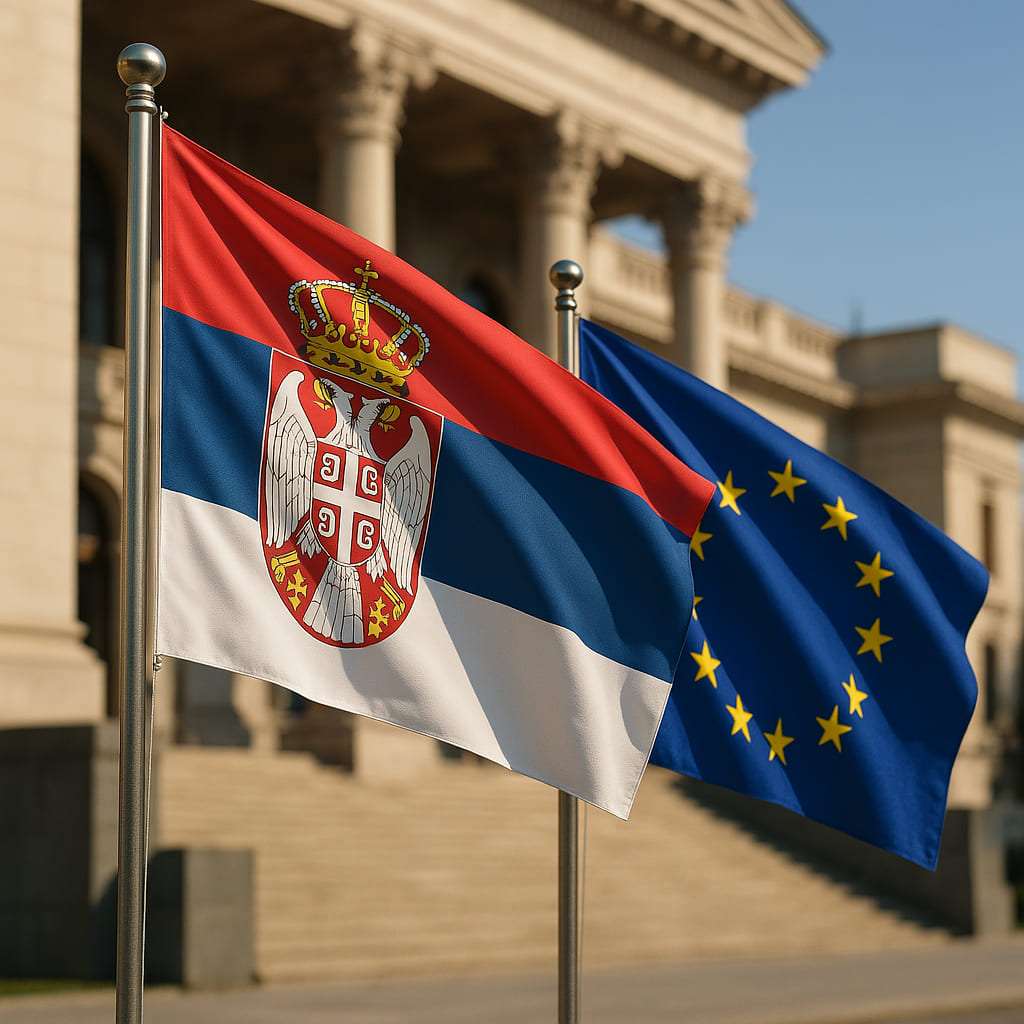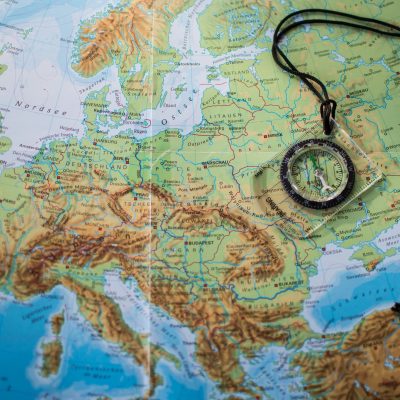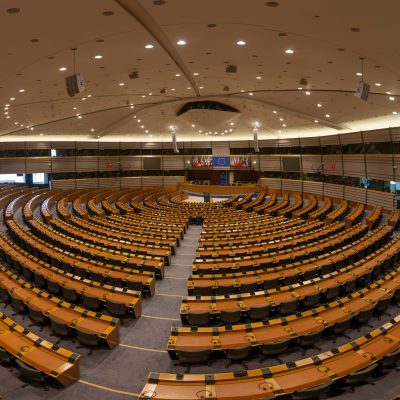Other document
16/12/09The EU and the Lisbon Treaty: A New Chance for Serbia?

This speech was pronounced at the National Assembly of the Republic of Serbia on the occasion of a conference organised by Notre Europe in Belgrade on 16th of December 2009.
One of the greatest Italian poets defines youth as the age in which “hope has a long span and memory a short one”. It is nice to see in this beautiful hall both people of my age, with a long span of memory, and people of the age of my children, who have a long span of hope. Although I could say that it is possible to have a long span of hope even at my age, the purpose of my remarks will be to instil in the younger part of this audience the sense that to work for a united Europe is a worthwhile objective and commitment.
For me, to be in Belgrade evokes long standing memories. I spent my adolescence in Trieste, at a time when the Iron Curtain surrounded the city at a distance of about 15km. Slovenia, whose capital can now be reached in an hour from Trieste, then seemed as distant as Vladivostok. So this part of Europe is to me strongly linked to memories of a gone past. I was in high-school in Trieste when, in March 1957, our Professor of History and Philosophy commented over the school internal radio about the signing of a treaty, which is now known as the Treaty of Rome. This treaty, he said, was creating a community; the intention was to unite six countries and form a common market.
The question of memory is a tricky one, because to lose one’s memory means to lose the ability to learn from mistakes, but if we are too deeply prisoners of memory, we will not be able to go beyond mistakes. I think that there is a need to both remember and forget. I speak for the six founding members of the EU, but of course I’m speaking also for this part of Europe.
Today’s seminar follows a conference organized yesterday by Notre Europe – the research centre based in Paris that Jacques Delors created in the mid-90s, which he chaired for ten years and which I now chair. Yesterday’s conference was entitled “Beyond the Wall” and it proceeded from a critical analysis of the diverging paths of Central Europe and the former Yugoslavia since 1989. My remarks today will be focused more on European politics and institutions, and on the relationship between the EU and the Western Balkan countries.




